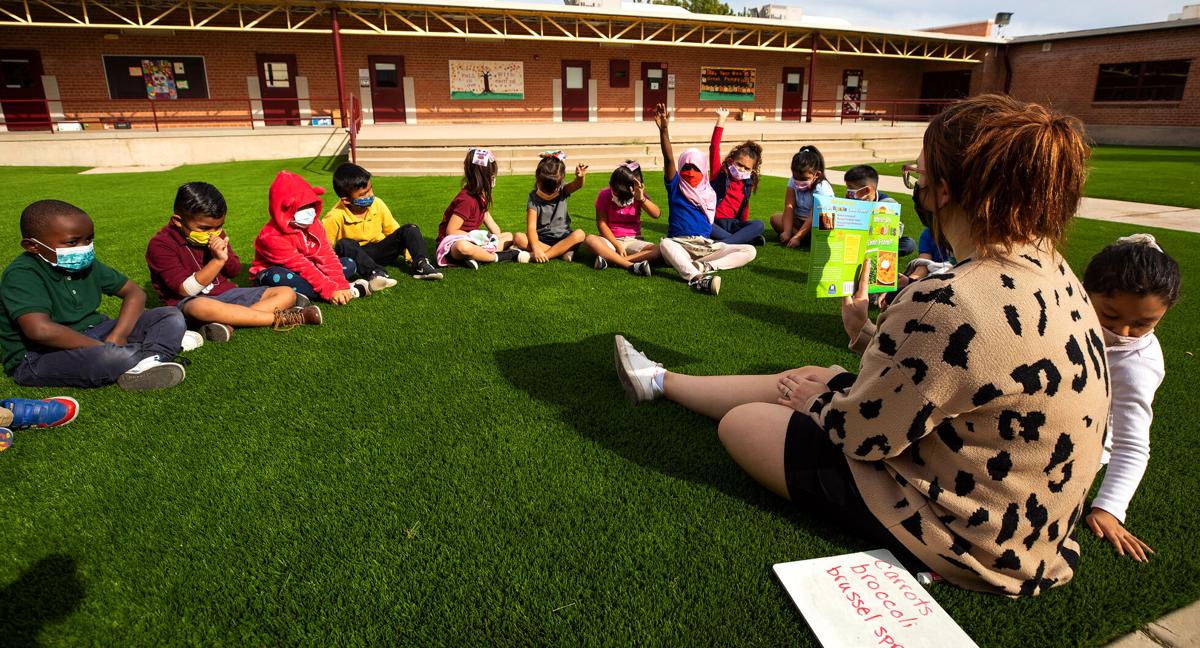
In today’s educational landscape, after-school programs provide much more than basic childcare—they are vital to fostering children’s social development. Especially in dynamic communities, these programs create valuable opportunities for kids to cultivate essential social skills within a supportive and engaging environment. This article delves into the ways after-school programs nurture social growth and highlights their importance in the holistic development of young learners.
Enhancing Communication Skills
After-school programs create valuable opportunities for children to build and refine their communication skills through ongoing social interactions. These programs encourage children to share ideas, actively listen, and express their thoughts and emotions with clarity. Whether participating in team sports or exploring arts and crafts, kids engage in activities that help them practice essential communication skills, such as giving instructions, expressing needs, and providing feedback. These experiences lay a strong foundation for effective and confident communication.
Key Benefits:
- Articulation: Children learn to clearly express themselves.
- Listening Skills: Active listening is encouraged through group activities.
- Feedback: Understanding and giving constructive feedback is practiced during collaborative tasks.
Fostering Teamwork and Cooperation
After-school activities often foster collaboration, encouraging children to work together toward shared goals. Whether they’re tackling a science project, performing in a musical ensemble, or competing in a sports game, kids in after-school programs in Sam Hughes, Tucson, gain essential lessons in teamwork and mutual respect. These experiences help them develop vital skills like negotiation, collaboration, and peer support—abilities that prove invaluable both in the classroom and beyond.
Teamwork Activities Include:
- Group Projects: Engaging in tasks that require collective problem-solving.
- Sports: Participating in team sports that emphasize unity and cooperation.
- Performing Arts: Working together in drama or dance presentations.
Developing Conflict Resolution Skills
Conflict is a natural part of childhood interactions, but learning to handle it constructively is a skill that takes practice. After-school programs offer a supportive, supervised environment where children can develop effective conflict resolution skills. With guidance from facilitators and educators, children learn to identify conflicts, express their emotions in a healthy way, and work toward resolutions that are both respectful and mutually agreeable.
Conflict Management Strategies:
- Role-Playing: Simulating conflicts and guiding children on how to resolve them.
- Discussion Groups: Allowing children to express viewpoints and learn negotiation.
- Mediation Practice: Educators help mediate disputes and model positive conflict resolution behaviors.
Building Empathy and Cultural Awareness
After-school programs create a unique space where children from diverse backgrounds come together, fostering a multicultural environment that encourages learning and growth. This exposure plays a vital role in nurturing empathy, cultural awareness, and a broader perspective of the world. By engaging in activities that celebrate various cultures, languages, and traditions, children gain a deeper appreciation for diversity and develop a more open and inclusive mindset.
Empathy-Enhancing Activities:
- Cultural Days: Celebrating and learning about various cultures through food, stories, and art.
- Collaborative Storytelling: Creating stories that include elements from different backgrounds.
- Discussion Circles: Sharing personal experiences and cultural histories in guided discussions.
Encouraging Independence and Personal Growth
After-school programs play a vital role in encouraging children to develop initiative and self-reliance. By engaging in activities designed to promote independence, children learn essential skills such as time management, task completion without direct supervision, and accountability for their actions. This empowerment not only boosts their confidence but also equips them to handle the growing responsibilities they will face in later stages of life.
Independence Activities Include:
- Self-Directed Learning: Projects that allow children to explore topics of personal interest independently.
- Leadership Roles: Opportunities to lead a team or manage a project within the program.
- Decision Making: Making choices about activities or projects to pursue.
Conclusion
After-school programs are more than just supplementary care—they are an essential part of modern education, fostering children’s social development. These programs help children build critical skills such as communication, teamwork, conflict resolution, empathy, and independence. Each of these abilities plays a key role in shaping well-rounded, socially capable individuals. By investing in high-quality after-school programs, we are investing in the future success and well-being of our children.